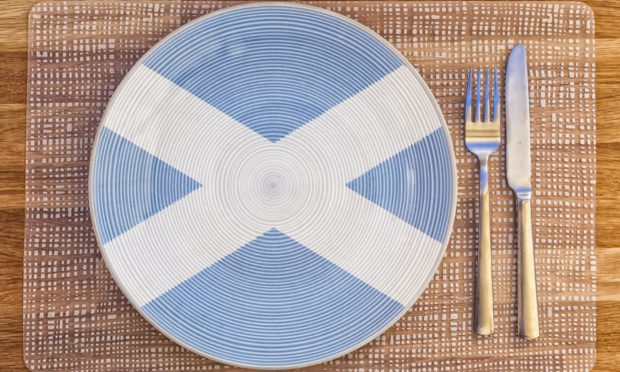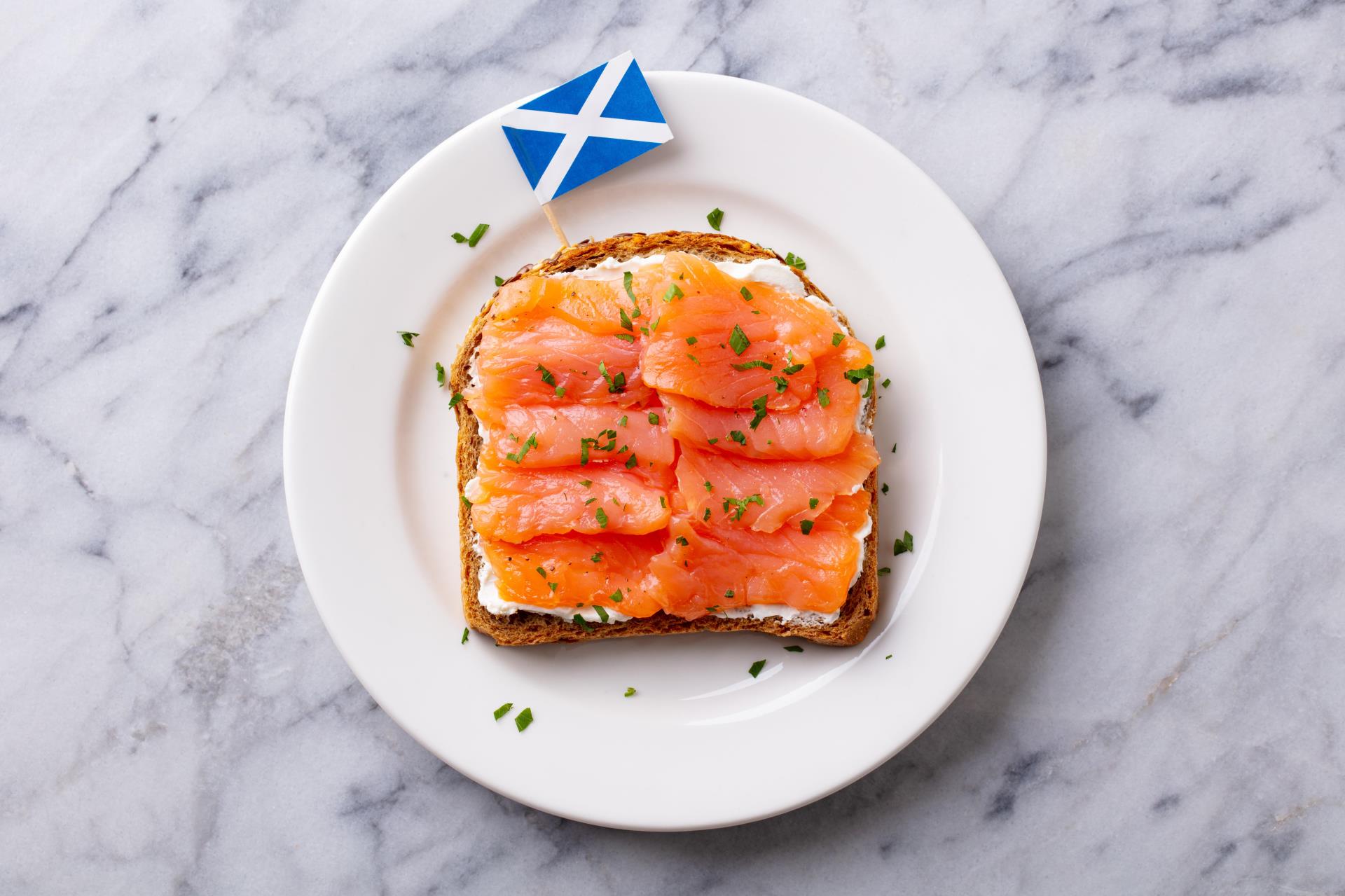With new consumer research carried out by Food Standards Scotland showing that 77% of Scots were either ‘quite or very concerned’ about a drop in food standards post Brexit, Julia Bryce takes a look at one of the most troubling issues – food crime.
While it may not be one of the most talked about issues, food crime costs the food and drink sector millions of pounds every year.
We all remember the horse meat scandal back in 2013, in which foods advertised in the UK and other parts of Europe as containing beef were found to contain undeclared horse meat, but day-to-day, food crime is rarely on the mind.
And while we may not all fall victim to such an act, it is important to stay vigilant, especially when purchasing online.
Ron McNaughton, head of the Scottish Food Crime and Incidents Unit (SFCIU) at Food Standards Scotland (FSS), fears food crime which has taken place during the pandemic will rear its head in the coming months.
Having worked for Police Scotland for more than 30 years, the unit, which was established five years ago, has grown from a one-man operation to a team of 15.
Sharing his advice, Ron gives a clear idea as to what food crime is, how we can avoid it and how to report it.
What is food crime?
FSS defines food crime as ‘serious fraud and related criminality within food supply chains. It is a financially motivated crime that can have serious health impacts on consumers where, through deceptive practices, products have been adulterated, substituted or their authenticity has been misrepresented’.
It takes many forms and varies from low level criminality to complex fraud across supply chains.
How do I spot it online during the Covid-19 pandemic?
There are three key signs of food crime to look out for..
The price:
If things are being sold at a much lower price than you would normally expect, particularly online or when something is advertised on social media, then it is probably worth avoiding. There’s no such thing as a free lunch. That should be one of the main things to note.
Unregistered businesses on social media and online:
We’ve had quite a lot of reports about businesses popping up on social media and not even being registered. It is important to ensure the businesses you are buying from are legitimate.
Counterfeit alcohol:
If you are offered cheap alcohol then you maybe need to be slightly concerned if it is exactly what it says it is on the label.
Do you have any examples of food crime?
Salmon
Scottish salmon is one of our biggest products nationally and you can see why people might want to pass off inferior products as Scottish salmon. We have seen some instances of fraudulent documents being used abroad impersonating Scottish salmon. It is a massive area and it affects every single one of us as we all have to eat.
Salt
There was also a case involving Hebridean Sea Salt a while back. It was supposed to be 100% Scottish with nothing added, but actually there was 80% Israeli salt in it. You suddenly find people are paying a premium price for what they believe is a quality product, and in fact it wasn’t.
DNP
DNP is marketed as a diet supplement and is mainly used by the bodybuilding paternity and it also helps you lose weight. It is not safe for human consumption and we recovered a quantity of substance believe to be DNP and did a lot of work with the health service to raise awareness to help prevent these things from happening again.
Tuna
Tuna destined for the canning industry is lower quality and is much cheaper. It is treated with nitrates and nitrites – what that does is gives it a pink colour and is then marketed as fresh. That is a €200 million fraud every year. During that operation we worked collectively with 11 countries and helped seize 51 tonnes of tuna. You can see why it can be quite attractive to criminals.
I think I’ve witnessed food crime, how do I report it?
Ron said: “It usually isn’t consumers as such who will usually spot food crime, it is usually people who work in the industry. They might end up being party to it or have witnessed it taken place.
“What I would emphasise is that the vast majority of businesses are legitimate and are out there to produce high-quality produce. However, unfortunately there are some individuals out there who try and seize vulnerabilities to make a profit.
“If you think you’ve witnessed food crime you can call the hotline which is in partnership with Crime Stoppers on 0800 028 7926.
“It is open 24 hours a day and you’ll be able to speak to someone there. We don’t receive details of the source as it is hugely confidential and your identity won’t be known. There’s also an online form you can access here.”
Could Brexit lead to more food crime?
With less than 100 days until the UK exits the European Union (EU), a new survey has revealed a significant rise in the number of people who are ‘increasingly concerned’ about a reduction in food quality and standards in Scotland as a result of Brexit.
New consumer research carried out by Food Standards Scotland, found that 77% of the 1,002 people surveyed between September 1 and 3 living north of the Border were either ‘quite or very concerned’ about a drop in standards post December 31. That was an increase of eight per cent on the results of similar research in January.
Responses highlighted a strong opposition from the public to any lowering of standards of food.
The sale of chlorinated chicken and GM foods are of the greatest concern (57%), followed by lowering animal welfare standards (up 13% to 54%). Chlorinated chicken is least likely to be purchased if significantly cheaper, with three out of four people saying they are very unlikely to purchase it.
More people have said they will be less likely to purchase poorer quality foods, such as eggs from battery-caged hens and meat from factory farmed animals. Only one in 10 said they would be likely to buy GM foods, even if they were significantly cheaper and 71% of those interviewed believed there would be an increase in food crime (up 10% from January) after Brexit.



